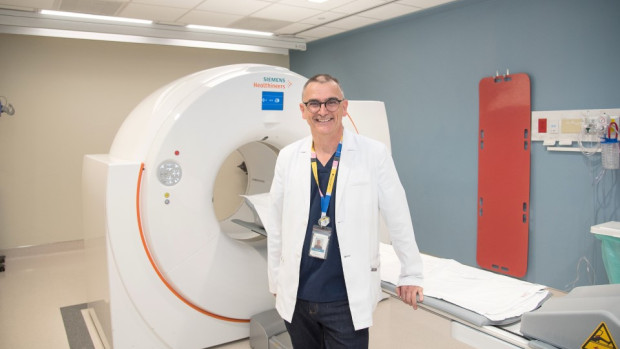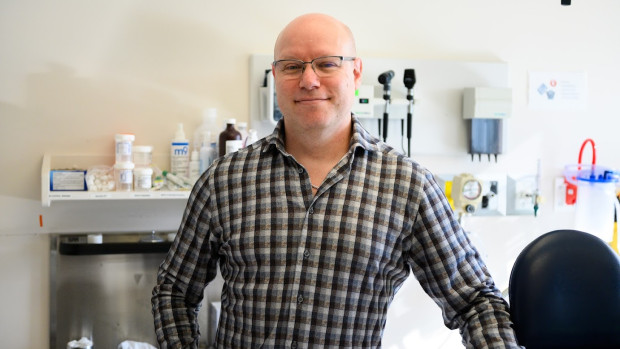Lawson Research Institute scientist Cheryl Forchuk focuses on ‘giving value and voice’
Renowned mental health and homelessness researcher Cheryl Forchuk, a Lawson Research Institute scientist and Distinguished University Professor, has been appointed an officer of the Order of Canada.
The award, one of Canada’s highest honours, was announced June 30 by Governor-General Mary Simon.
Forchuk has dedicated her career to driving change on complex issues, including addiction, homelessness and mental health challenges, emphasizing relationships and participation from the populations she studies.
“We’re talking about people that generally experience a lot of discrimination in society. When I started working in this field, it was really hard to get things funded because the groups themselves were not valued. Their opinion was not valued. A lot of my work is trying to give value and voice to these populations,” Forchuk said.
She said she was surprised and humbled by the appointment to the Order of Canada.
“I feel humbled, because all the research I do is part of a team effort. I have always had great support from community partners, people with lived experience, other researchers and my staff at the office.”
In addition to her role as Lawson scientist, Forchuk is a Distinguished University Professor in the Arthur Labatt Family School of Nursing in Western's Faculty of Health Sciences, with a cross-appointment in the department of psychiatry at Schulich School of Medicine & Dentistry.
Forchuk has published 200 articles and 12 books, delivered more than 600 conference presentations or workshops and supervised more than 60 graduate students.
Forchuk is known nationally and internationally for her work improving systems of recovery and community integration. Her team created the “transitional discharge model” to ensure people released from hospital maintain connections with service providers in hospital or in the community while receiving peer support from someone with lived experience. It was repeatedly shown to reduce the length of hospital stays while improving outcomes for patients.
The model has since been adopted in parts of Canada, the U.S. and Europe and was included as an example of mental health practice by the World Health Organization in its guidance on mental health services that respect human rights. Forchuk is currently conducting research on women veterans experiencing homelessness.
“A trailblazer in mental health and homelessness research, Dr. Forchuk has spent more than four decades advancing our understanding of these complex issues and shaping policies that have improved the lives of the unhoused,” said Jayne Garland, former dean of the Faculty of Health Sciences, and Forchuk’s nominator for the Order of Canada.
“She is a respected researcher, an influential leader and a passionate advocate for some of the most vulnerable members of our society. This recognition reflects the profound and lasting impact of her work.”
Forchuk’s studies have reduced crises and improved quality of life for hundreds of people, saving millions of dollars in health care and social service spending as a result.
“Dr. Forchuk is an innovative, forward-thinking leader in mental health, housing and homelessness,” said Victoria Smye, director of the Arthur Labatt Family School of Nursing.
“Her contributions in Canada and beyond to the mental well-being of some of the most vulnerable people in our society – people who have been highly marginalized by inequity – have made a real impact. She has truly changed lives.”
Forchuk said her appointment to the Order of Canada is meaningful, but not because of the personal or reputational benefits.
“Receiving this honour shows me there’s a recognition that these are important issues and these approaches to finding solutions – including people who are the experts, people with lived experience and those working on the frontlines – are valued,” Forchuk said.
“It tells me to keep going, and that it’s working, which we know. It solidifies that this is the right approach to address very complex societal issues, and to make sure we include the right voices.”
Those invested into the Order of Canada fall into three levels. Members of the Order of Canada are recognized for their service to a particular community or field, officers are appointed for their high degree of achievement or merit, especially for service to the entire country or humanity at large, and companions of the Order of Canada – the highest recognition – are those deemed to have made contributions of the highest degree to Canada or the world.


